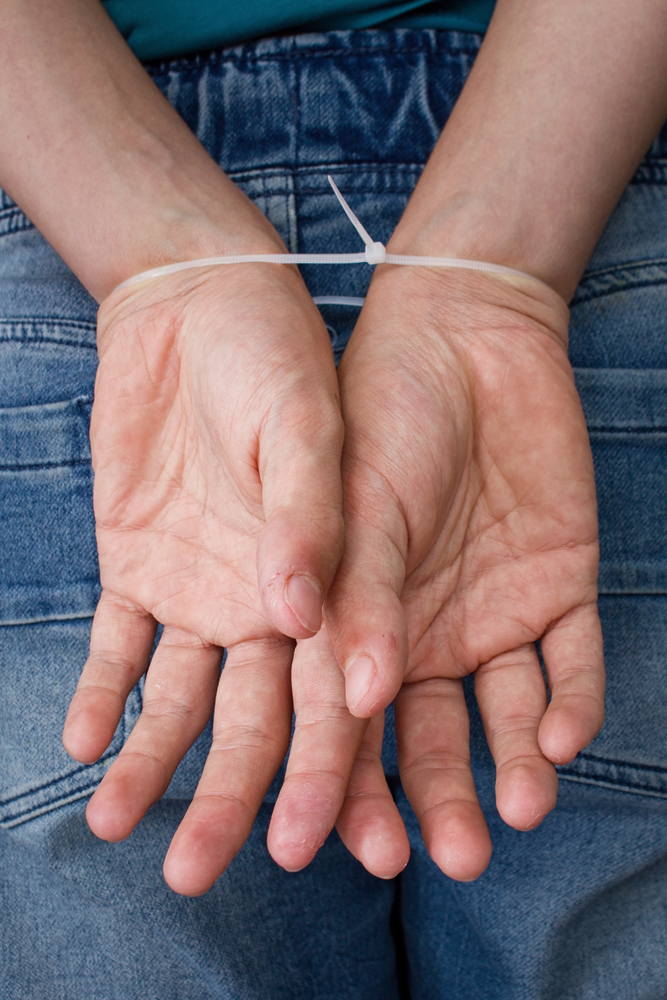The pressures and demands of the industry, combined rappers in recovery with the fast-paced and often chaotic lifestyle, can lead to stress, anxiety, and mental health challenges for artists. To cope with these pressures, some rappers turn to drugs as a form of self-medication or escapism. Statistics on the prevalence of drug addiction among rappers are limited, as many cases go unreported or undisclosed. However, numerous public incidents and personal revelations have shed light on the struggles faced by rappers. It is important to note that drug addiction does not discriminate and can affect rappers from all backgrounds and levels of success. These rappers have shared their stories of addiction and recovery, shedding light on the harsh realities of substance abuse in the music industry.

Acting career
I know that a lot of Americans can’t, or they can’t afford to take the time off work. We need to get people into treatment and CLEAN Cause is doing that, and I’m excited to be a part of it. Macklemore is the new creative director for CLEAN Cause Sparkling Yerba Mate, a beverage company with a mission to support people in recovery.
Lil Wayne (Dwayne Michael Carter Jr.):
Addiction can also have a profound influence on creativity and expression. Some argue that substance abuse can fuel creative bursts, leading to intense and innovative work. However, others point out that addiction can also stifle creativity, leading to a lack of inspiration and motivation. Sober” by Pink is a powerful and emotional song that delves into themes of addiction and the struggle to stay sober.

Treatment Options for Rappers with Drug Addiction
- Some artists may have grown up in environments where drug use was prevalent, making it more likely for them to develop addictive behaviors.
- Royce Da 5’9”, Eminem’s fellow Bad Meets Evil partner and former Slaughterhouse signee, went through his own struggles with alcoholism.
- The song was also featured in several popular TV shows and movies, and has since become one of McLachlan’s most beloved and iconic songs.
The emotional impact of addiction and recovery songs cannot be overstated. For those in recovery, these songs can provide a sense of validation, understanding, and encouragement, helping them to feel less alone in their struggles. “Going Through Changes” is a poignant track off Eminem’s seventh studio album, alcoholism treatment Recovery. The song is a reflective and introspective piece that delves into the rapper’s struggles with addiction, personal demons, and the pressures of fame. Another rapper who has dealt with drug dependency is Lil Wayne, whose real name is Dwayne Michael Carter Jr.
Solo studio albums

At the time, he had no idea he would get addicted or how far the effects would reach. Unfortunately, he did struggle with substance abuse down the line, and much later, he discovered that his teenage daughter had started using as well. Dro shared that the discovery pushed him to check himself into rehab in 2021 and has stayed clean since. The first time was in December 2020, when he voluntarily sought out professional help.
- How many good rap addiction songs can you think of off the top of your head?
- Moreover, songs about recovery can provide a source of inspiration and motivation for those in the midst of addiction.
- This normalization can make it challenging for artists struggling with drug addiction to seek help or break free from the cycle of substance abuse.
Daybreaker Los Angeles – Coffee Club
Witnessing the consequences of substance abuse can potentially prompt other artists to reflect on their own behaviors and make positive changes. Despite the influence of drug culture in rap, many rappers have faced personal battles with drug addiction. Some rappers have publicly shared their stories of addiction, shedding light on the challenges they have faced. Positive change and support within the rap community are crucial in combating drug addiction. It is essential to foster an environment that encourages healthy coping mechanisms, promotes well-being, and provides a strong support system.
